Russia: The Fall of a Global Space Superpower
10th Jun 2022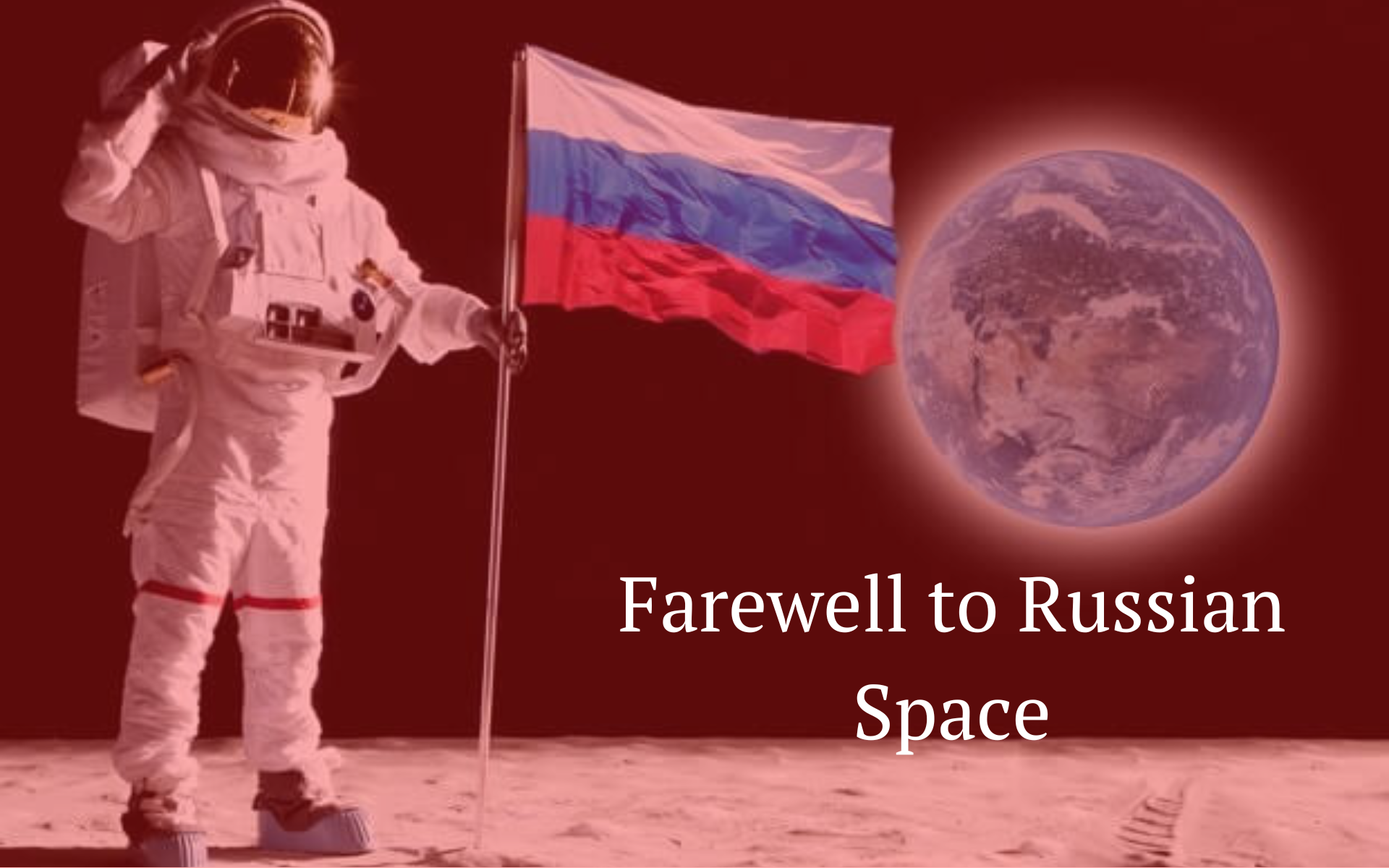
Russia was once the world’s most prominent space nation. It took the lead as well as supporting roles in some of the most ambitious international space projects. But Russia changed this recently.
As a result of its 2022 military invasion of Ukraine, Russia firmly placed itself besides the likes of North Korea, as a nation that is isolated on the world stage. The world no longer sees Russia as a reliable, constructive partner. Abrupt cancellations of space-related collaborations with Russia are the norm now. At the very least, Russia’s partners replaced it with more trustworthy and reliable ones.
For the once mighty nation to go from being a world leader to a country whose future in the space race is almost non-existent is quite the fall from grace. And, even more so, it shows a country without ambition or desire to progress technologically and improve life on our shared planet. Instead, it shows a yearning for days of old, when it was part of a significantly larger bloc of countries and with a significantly lower quality of life.
Biting the hand that fed them
What makes Russia’s descent into a nobody in the global space sector even more bizarre is that the very country they have invaded is the one that likely contributed most to its technological advancement in space. Ukraine hosted the centre of rocket technology development as part of the former Soviet Union. The country holds a well-deserved reputation for its excellence in rocket science education as well as R&D in this field. This expertise transcended borders into their neighbouring countries including Russia.
And now, what is likely to happen is that Ukraine may start to rise as a leading contributor to global space efforts. So, while Russia seems determined to steal territory, resources and citizens from Ukraine, the more technologically advanced country is highly likely to become a far superior space power and global partner in some of the world’s most significant space projects. This will leave Russia floundering and reliant upon its minimal technological resources to attempt to forge a future that will rely on technological advancement… that it simply doesn’t have.
Dmitry Rogozin, the International Space Station and Elon Musk
Demonstrating just how much of a rogue state Russia has become, the head of the country’s Space program (Roscosmos), Dmitry Rogozin, has made a number of un-statesman-like gaffes across social media and on Russia’s state television. He even said at one point that they could send the International Space Station plummeting to Earth. He was referring to the country’s still active involvement in the operation of the ISS – the only global space project it is still involved with.
Russia has also angered the global space community when it tested anti-satellite technology. These tests sent thousands of fragments of space debris hurtling towards the International Space Station. The risk soared of catastrophic damage to the station as well as the lives of the astronauts onboard.
Rogozin has also frequently threatened and taunted US space entrepreneur, Elon Musk on social media, leading to the SpaceX founder teasing him in response.
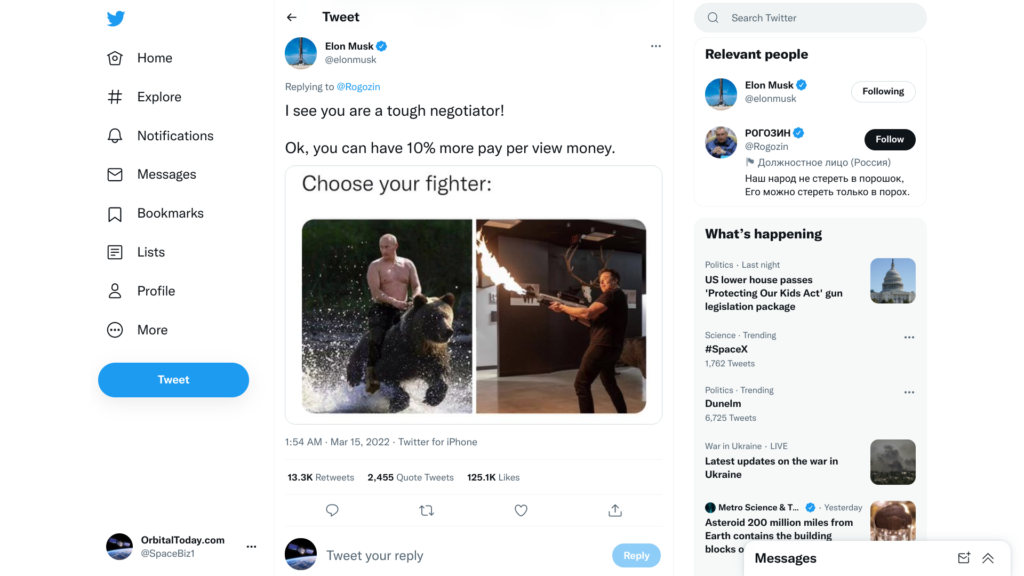

One key take away from Russia’s self-inflicted decimation of Roscosmos is that it is highly unlikely to recover. All it has left is its small stake in the International Space Station and possibly a few domestic satellite launches each year. That is likely not enough to keep Dmitry Rogozin in a job. And if they pull out of the ISS project, then he will definitely be a goner… maybe even literally.
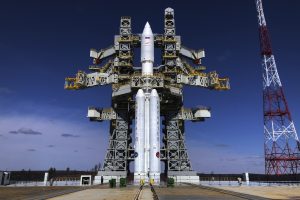
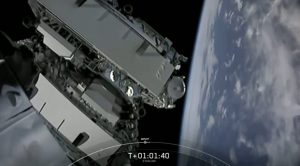
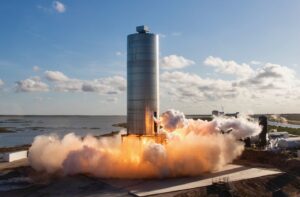

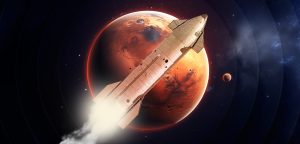

Thank you for your comment! It will be visible on the site after moderation.